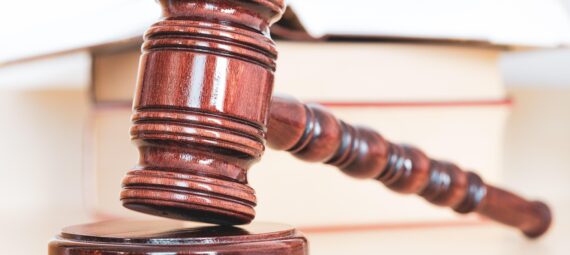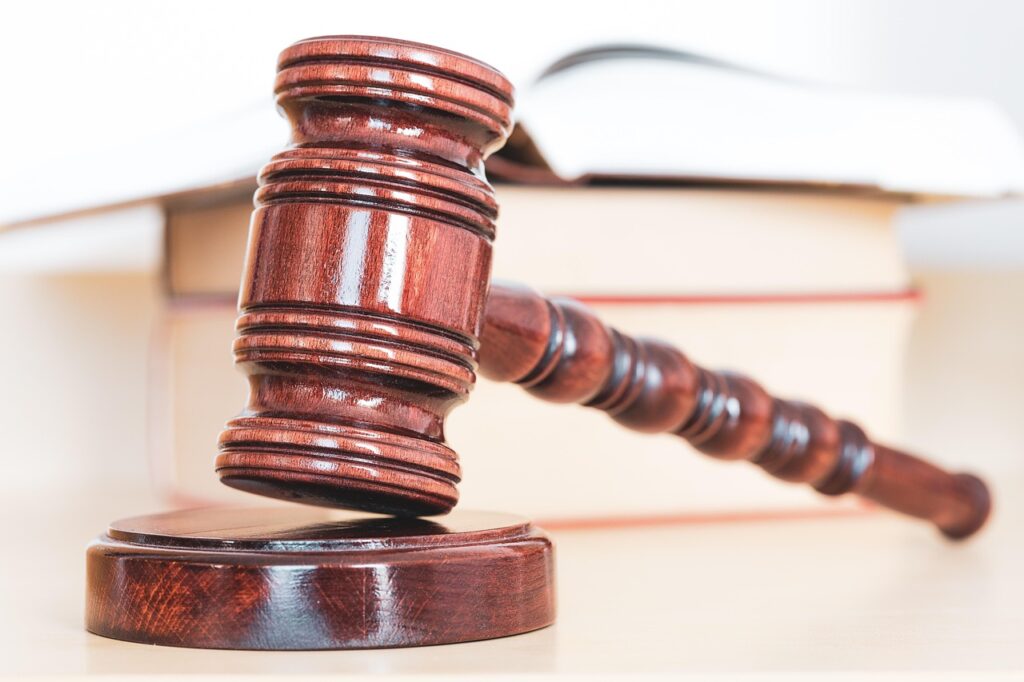Gun Rights Restored in Arizona
As an attorney specializing in rights restoration in Arizona, one of the most common questions I receive is about the difficulty of restoring gun rights. The answer isn’t straightforward—the process involves navigating both legal qualifications and judicial discretion under A.R.S. 13-907. While many clients qualify on paper, the reality is that success depends largely on three critical factors.
First: Time Since Conviction Matters
The timeline since your conviction significantly impacts your chances of success. With gun rights, unlike sealing a criminal conviction under A.R.S. 13-911, the law doesn’t have minimum requirements in most cases. (Motion to Seal)
However, judges look favorably upon petitioners who have maintained a clean record for an extended period. A conviction from 15 years ago with no subsequent legal issues demonstrates rehabilitation more convincingly than one from just two years ago.
Many judges informally consider whether you’ve shown long-term commitment to lawful behavior.
In my practice, I’ve observed that petitions filed after substantial time has passed—typically several years beyond the minimum waiting period—have notably higher success rates.
This extended time allows you to build a compelling narrative of rehabilitation and responsible citizenship.
The Nature of Your Original Case Is Critical
Perhaps the most influential factor is the type of case that led to your loss of rights. Judges assess your petition through the lens of your original offense, weighing public safety concerns against your right to bear arms.
Non-violent offenses, such as financial crimes or lower-level drug possession, generally face fewer obstacles than cases involving:
- Domestic violence
- Assault or violent crimes
- Offenses involving weapons
- Felonies with aggravating factors
I’ve seen judges readily restore rights for individuals with old DUIs or property crimes, while being much more hesitant with cases involving threats or violence—even when both petitioners have otherwise identical records since conviction.
Any case involving guns has an uphill battle.
Remember, Arizona gives judges complete discretion in these matters. Even when you legally qualify, the specific facts of your original case heavily influence judicial decision-making.
Financial Obligations Must Be Satisfied
The third critical factor is whether you’ve satisfied all financial obligations related to your case. Courts are extremely unlikely to restore rights if you still owe:
- Court-ordered fines
- Restitution to victims
- Probation fees
- Other legal financial obligations
This requirement serves as a practical measure of responsibility and commitment to making amends.
From a judicial perspective, failure to satisfy financial obligations suggests incomplete rehabilitation.
Under the law, it is not required to pay all fines; however, every Arizona judge requires this.
Before filing your petition, obtain documentation confirming all financial obligations have been paid in full.
This evidence demonstrates your commitment to fulfilling all aspects of your sentence and strengthens your case significantly.
The Reality of Judicial Discretion
Even after meeting all statutory requirements, the ultimate decision rests with the judge. A recent Arizona Court of Appeals case reaffirmed that judges have 100% discretion in these matters.
However, this same ruling established an important precedent: if the state opposes your motion, the burden of proof shifts to them to demonstrate why your rights should not be restored.
This legal nuance can be leveraged by an experienced attorney to strengthen your position.
Navigating the Process Successfully
Restoring your gun rights in Arizona is certainly possible, but success depends heavily on timing, case type, and financial compliance. Many people attempt this process without legal representation, only to face denial despite meeting basic qualifications.
As someone who has helped hundreds of Arizonans restore their rights, I’ve developed strategies that address these three critical factors effectively. If you’re considering pursuing rights restoration, professional guidance can significantly improve your chances of success.
If you have any questions, please contact my office at 602-284-3035.
Derron Woodfork


